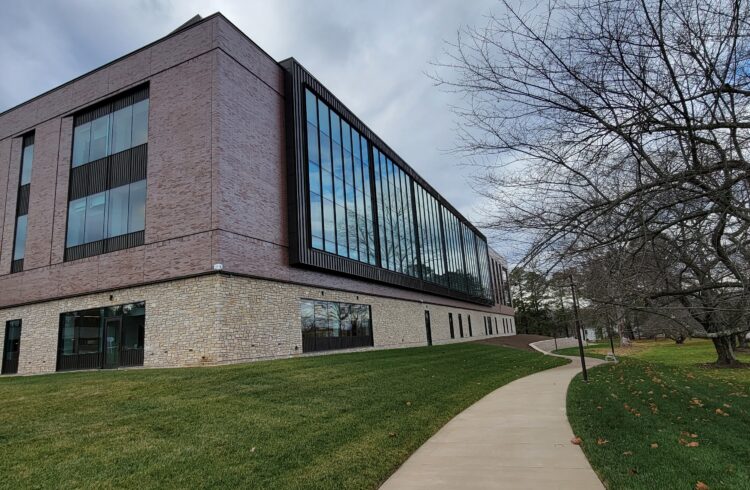
AstraZeneca and the University of Virginia today announced that they have entered into a collaboration to enhance development of new treatments – primarily for coronary artery disease, with a secondary focus on peripheral vascular disease.
The preclinical research projects will focus on identifying disease mechanisms and biological targets that have the potential to be starting points for successful and commercially viable treatments of these diseases, both major causes of cardiovascular disease and death worldwide.
The agreement supports a multi-year relationship, which aims to make efficient use of the expertise from both U.Va. and AstraZeneca. The financial terms of the deal were not disclosed.
Atherosclerosis is one of the primary causes of heart disease and stroke and is a frequent cause of death in both men and women in Western societies. All evidence suggests that the incidence of atherosclerosis will increase worldwide as more people develop obesity and diabetes mellitus because of such factors as poor diet, increased body weight and sedentary lifestyle.
The traditional nonsurgical approach to managing coronary artery disease has been through treatment of risk factors such as high blood lipids, high blood pressure, diabetes, obesity and others. New and innovative approaches that act directly on the disease in the vessel wall to slow, reverse or stabilize the build-up of atherosclerotic plaque could be important, especially when linked to novel biomarkers of vulnerable plaque identification.
Bjorn Wallmark, vice president of CVGI Discovery, AstraZeneca’s cardiovascular and gastrointestinal lab, said, “This is an area of high unmet medical need; atherosclerosis is a primary cause of cardiovascular morbidity and mortality. AstraZeneca is committed to finding innovative solutions. Partnering with the University of Virginia and working together on the complex biology of these diseases increases the potential of delivering new targets and projects.”
“We are very pleased to join with AstraZeneca in advancing the science of cardiovascular research,” said Gary Owens, director of U.Va.’s Robert M. Berne Cardiovascular Research Center and principal investigator of the AstraZeneca-U.Va. Alliance. “Our partnership has the potential to greatly speed up the development of novel drugs to treat diseases in several targeted areas, taking these projects years ahead in many cases.”
Thomas C. Skalak, U.Va.’s vice president for research, said that the University’s partnership with AstraZeneca, an international leader in biomedical research and development, is another milestone in U.Va.’s development of translational research.
“The University of Virginia has a commitment to engage in explorations at the frontiers of medicine, and AstraZeneca’s choice of U.Va. attests to our strength in cardiovascular research and innovation,” he said. “We found a happy convergence of leadership styles between AZ and U.Va. in our shared philosophy of risk-taking, outcomes focus and collaboration-based research.”
U.Va.’s mission will also be enhanced, said Dr. Brian H. Annex, chief of the Division of Cardiovascular Medicine, and Dr. Mark Yeager, chairman of the Department of Physiology.
“This is a great opportunity to take full advantage of the synergy between our basic science and translational research programs in cardiovascular medicine toward the goals of advancing our research and education missions,” they said. “We are delighted that AstraZeneca chose U.Va. for this collaboration that will involve investigators across the basic science and clinical departments.”
About AstraZeneca
AstraZeneca is a major international healthcare business engaged in the research, development, manufacturing and marketing of meaningful prescription medicines and supplier for healthcare services. AstraZeneca is one of the world’s leading pharmaceutical companies with healthcare sales of US$ 31.6 billion and is a leader in gastrointestinal, cardiovascular, neuroscience, respiratory, oncology and infectious disease medicines. For more information about AstraZeneca, please visit: http://www.astrazeneca.com/
About The University of Virginia
The University of Virginia is distinctive among institutions of higher education. Founded by Thomas Jefferson in 1819, the University sustains the ideal of developing, through education, leaders who are well-prepared to help shape the future of the nation and world. The Robert M. Berne Cardiovascular Research Center at the University of Virginia supports interdisciplinary research in basic, translational and clinical cardiovascular sciences, including cardiovascular development, function, pathophysiology, pharmacology, genetics, genomics and proteomics.


